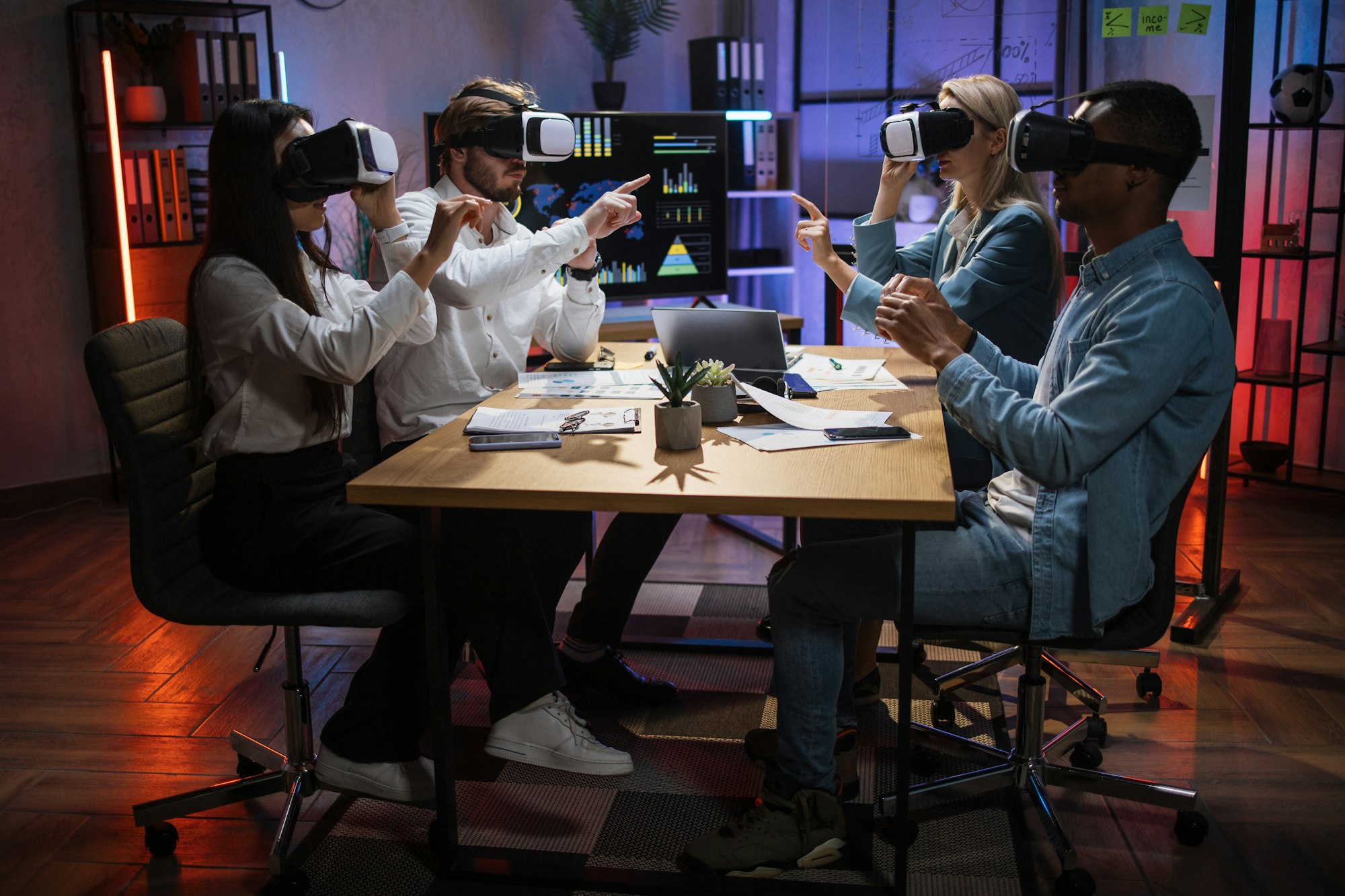Virtual reality (VR) technology has rapidly evolved in recent years, revolutionizing the way we experience and interact with digital content. From immersive gaming and entertainment to innovative applications in education, healthcare, and beyond, VR is transforming various industries and unlocking new possibilities for immersive experiences. In this guide, we’ll delve into the rise of virtual reality, exploring its immersive experiences and diverse applications across different sectors.
1. Immersive Gaming and Entertainment
Virtual reality has had a profound impact on the gaming and entertainment industries, offering users immersive experiences that blur the lines between reality and digital worlds. VR gaming allows players to step into virtual environments, interact with objects and characters, and experience gameplay in new and exciting ways. From action-packed adventures and simulation games to immersive storytelling and social experiences, VR gaming is redefining the way we play and engage with interactive content.
2. Virtual Travel and Tourism
VR technology is revolutionizing the travel and tourism industry by enabling virtual exploration of destinations and attractions from around the world. Through VR travel experiences, users can embark on virtual tours of famous landmarks, natural wonders, and cultural sites, immersing themselves in stunning 360-degree panoramas and immersive narratives. Virtual travel platforms offer an accessible and immersive way to experience destinations, inspire wanderlust, and promote tourism while allowing travelers to preview destinations before booking trips.
3. Applications in Education and Training
Virtual reality has tremendous potential in education and training, offering immersive and interactive learning experiences that engage students and enhance learning outcomes. VR simulations allow students to explore complex concepts, conduct virtual experiments, and participate in hands-on activities in realistic virtual environments. From medical simulations and engineering design to historical reconstructions and language learning, VR is transforming education by providing experiential learning opportunities that are both engaging and effective.
4. Healthcare and Therapy
Virtual reality is being increasingly used in healthcare and therapy to treat a wide range of medical conditions and improve patient outcomes. VR-based therapies can help alleviate pain, reduce anxiety, and improve rehabilitation outcomes for patients recovering from injuries or surgeries. In mental health care, VR exposure therapy is used to treat phobias, PTSD, and other anxiety disorders by providing a safe and controlled environment for patients to confront and overcome their fears. VR technology is also used for medical training, surgical simulation, and patient education, enhancing the skills of healthcare professionals and improving the quality of care.
5. Architectural Visualization and Design
In architecture and design, virtual reality is revolutionizing the way buildings and spaces are conceptualized, visualized, and experienced. VR allows architects, designers, and clients to immerse themselves in virtual environments, explore designs in 3D, and experience spatial relationships at scale. Virtual reality enables real-time collaboration, iteration, and feedback, facilitating the design process and enhancing communication between stakeholders. VR visualization tools are used for architectural walkthroughs, interior design, urban planning, and landscape architecture, enabling designers to create more innovative and functional spaces.
Conclusion
The rise of virtual reality is transforming the way we experience and interact with digital content, offering immersive experiences and innovative applications across various industries. From immersive gaming and virtual travel to educational simulations, healthcare therapies, and architectural visualization, VR technology is reshaping the future of entertainment, education, healthcare, and design. As VR continues to evolve and become more accessible, it holds the potential to revolutionize how we work, learn, play, and connect in the digital age.










